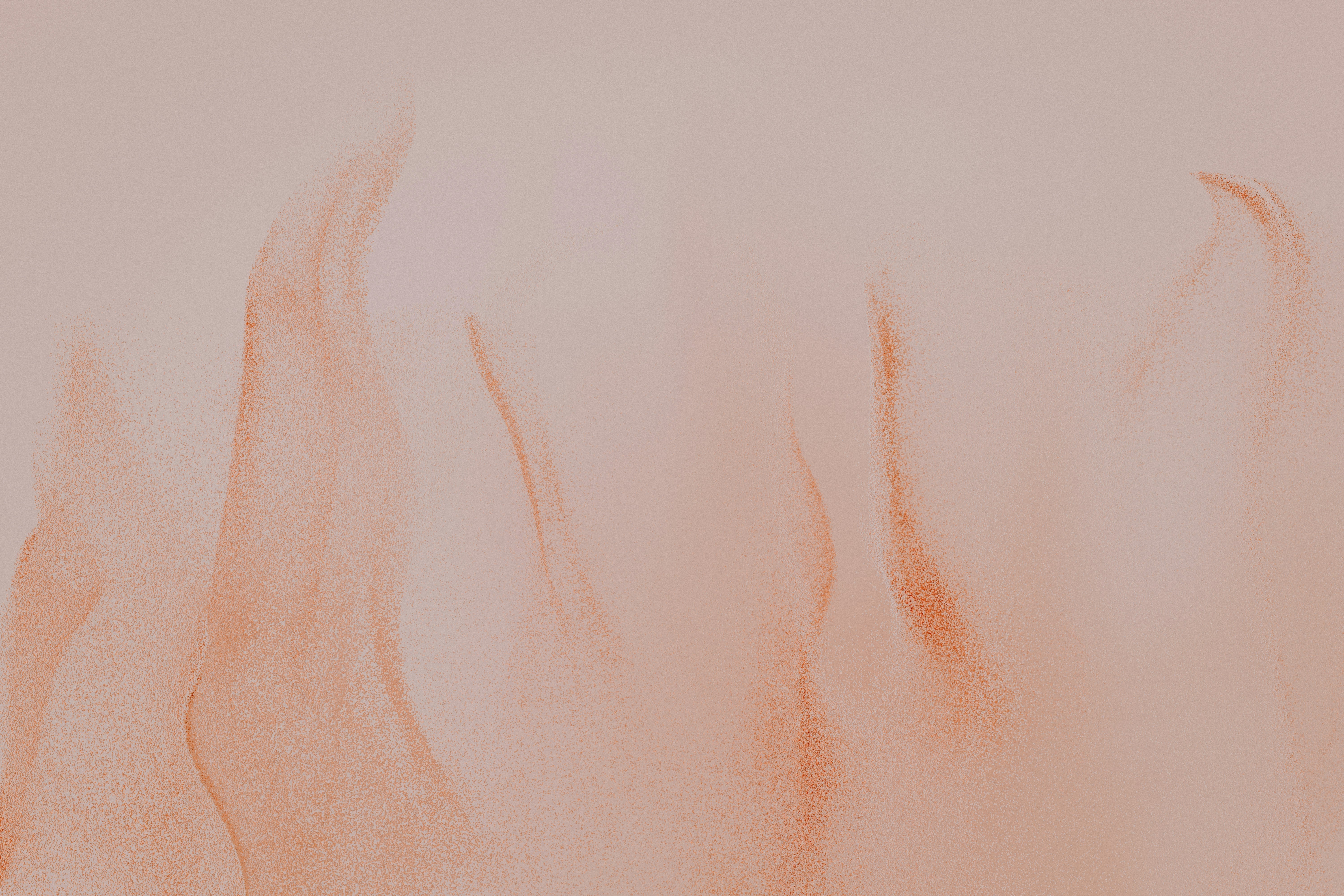by Jes Williams @feelmoregooder
In recent years, interest (both culturally and in the research) has peaked in regards to low mood and tendencies that we trend towards when our neurotransmitters are sluggish. This is perhaps due to the prevalence of indoor living, artificial light exposure, nutrient-depleted diets, sedentary habits, inadequate sunlight exposure, and abuse of mood-altering pharmaceuticals.
This begs the question: what can truly help? Well, we know from the literature that there are many offerings straight from nature that can upregulate neurotransmitters in the human body such as serotonin and dopamine, just to name a couple.
What is Dopamine?
The literature defines dopamine as a neurotransmitter (chemical messenger originating from the brain) primarily associated with reward-seeking behavior, motivation, movement, and learning. Dopamine plays a key role in how the brain decides whether a goal is worth the effort. (1)
Research indicates that dopamine release is triggered by positive experiences and can influence decision-making, with potential implications for many conditions related to neurodegeneration and cognition.
Addiction and Dopamine
Dopamine is inherently and deeply affected by drug abuse:
“Human imaging studies have shown a reduction of dopamine receptors accompanied by a lesser release of endogenous dopamine in the ventral striatum” of drug-dependent subjects. This serves as visual proof that the addicted human brain is “dopamine-impoverished.” (2)
Dopamine and Sufficient Good Sleep
When we look at the science, we see that dopamine release is positively correlated with the number of REM sleep bouts. In other words, the deeper and more restorative your sleep is, the more you are optimizing your body’s natural dopamine production. (3)
Habits for Endogenous Dopamine Production
Instead of taking shortcuts and looking for the short-lived, artificial, quick fix for increasing dopamine – let’s look to nature & daily habits to increase our levels. Encouragingly, you don’t have to look to far to get the solution. Sunlight, exercise, cold (cold plunges or being outdoors in winter temps, and heat therapy (sauna or being outdoors in summertime temps) go a long ways.
Studies show us that sunlight exposure increases dopamine (and mood)(4, 5), exercise boosts dopamine-related reward processing (10, 11), cold water immersion boosts dopamine by 250% (6), and sauna therapy enhances brain relaxation and improves cognitive efficiency. (7)
Do we run out of Dopamine with Too Much Cold Plunging?
Cold exposure, like other healthy hormetic stressors - has a sweet spot in regards to frequency. Do too little and you may experience a low mood and suboptimal hormone levels. Do too much, and you’ll tax the systems in your body responsible for producing adrenaline, cortisol, etc. There is some evidence to suggest that chronic stressors can dampen dopamine production. (8) In other words, these healthy habits can actaully be working against you. But this is different than "running out."
Additionally, you may find that these things feel great at first, but then your level of satisfaction with them goes down as you do them with increased frequency and/or intensity. This can be a sign to make adjustments.
The key is to pay attention to your body’s biofeedback indicators to create a routine that feels good for you. For example, pay attention to your energy levels, ability to focus, sense of motivation, etc. This will help keep you calibrated and prevent you from taking things to extremes/going to far with your healthy habits.
Main Reasons for Low Dopamine
However, don’t shy away from these dopamine-boosters completely. Importantly, the biggest drivers for dopamine depletion are obesity, insufficient sunlight exposure, participating in/using addictive behaviors/drugs, and sleep deprivation. (9, 12, 13)
Can We Supplement the Precursors to Prevent This?
Interestingly, we see from the NYU Neuroscience Institute that dopamine production in the body requires something called brain-derived neurotrophic factor (BDNF) - which studies show is boosted by sulforaphane. (14) You can find sulforaphane in a functional, effective, bioavailable dose in our product, BrocElite.
Additionally, supplementing with serotonin percursors like 5-HTP and tryptophane in our SleepElite can help with providing plenty of the building blocks for dopamine.
References:
-
https://lms.mrc.ac.uk/chronic-stress-dampens-dopamine-production/
-
https://www.sciencedirect.com/science/article/pii/S0301051122000928
-
https://www.sciencedirect.com/science/article/abs/pii/S0278584610003659







0 Comment